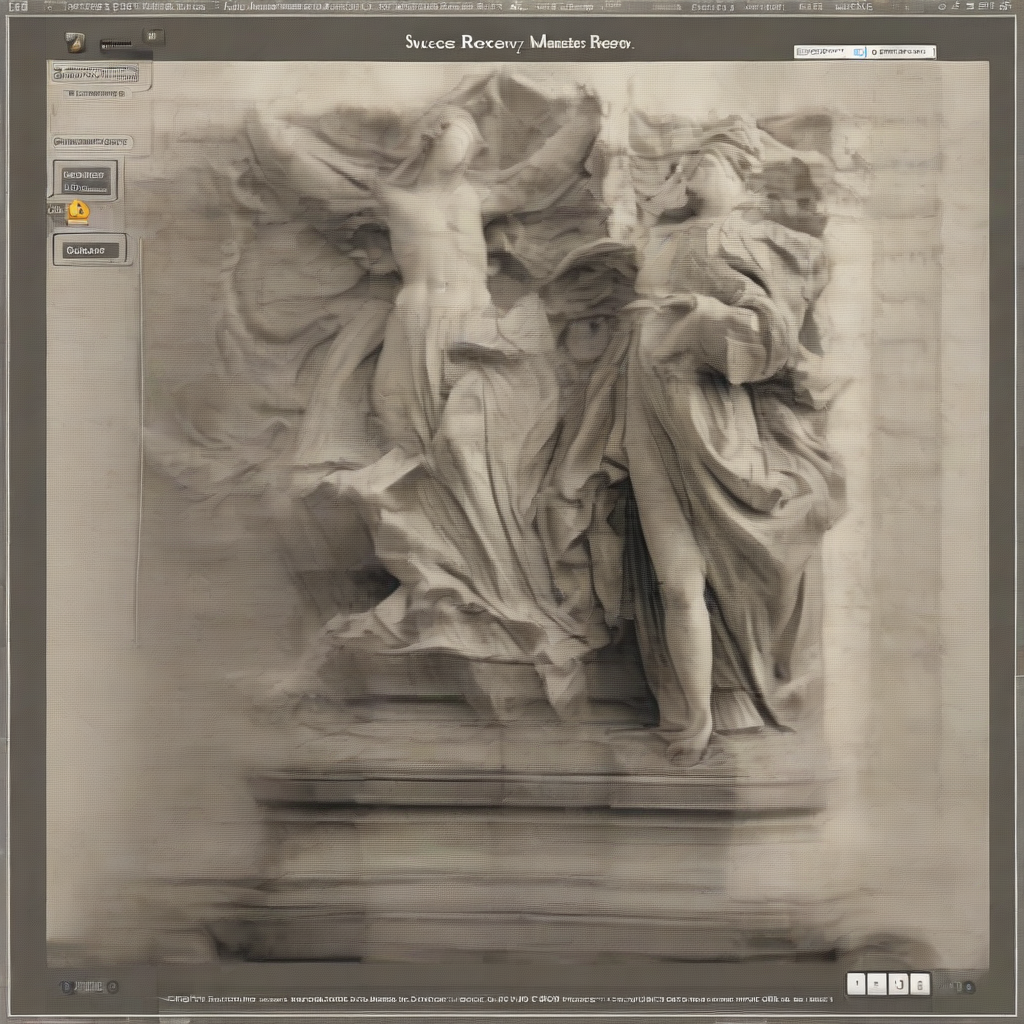Praxis Landmark Recovery: A Comprehensive Exploration of Treatment and Recovery
Praxis Landmark Recovery represents a significant player in the landscape of addiction treatment centers. This in-depth analysis will delve into various aspects of their services, treatment approaches, client experiences, and overall effectiveness. We will examine the facility’s structure, the staff’s qualifications, and the specific programs offered to address a wide spectrum of substance use disorders.
Understanding Praxis Landmark Recovery’s Approach
Praxis Landmark Recovery distinguishes itself through its integrated and holistic approach to addiction treatment. This goes beyond simply addressing the immediate symptoms of addiction and focuses on identifying and addressing the underlying causes contributing to substance abuse. This multifaceted approach often incorporates various therapeutic modalities, aiming for long-term recovery and relapse prevention.
Therapeutic Modalities Employed
- Cognitive Behavioral Therapy (CBT): A cornerstone of many addiction treatment programs, CBT helps clients identify and modify negative thought patterns and behaviors associated with substance use.
- Dialectical Behavior Therapy (DBT): DBT equips clients with skills to manage intense emotions, improve interpersonal relationships, and cope with stressful situations, reducing the likelihood of relapse.
- Trauma-Informed Care: Recognizing the significant role trauma can play in addiction, Praxis Landmark likely incorporates trauma-informed care, creating a safe and supportive environment for clients to address past experiences.
- 12-Step Facilitation: The 12-step program, a widely recognized approach, is often incorporated to provide a framework for spiritual growth and peer support.
- Motivational Interviewing (MI): MI helps clients explore their ambivalence towards change and fosters intrinsic motivation for recovery.
- Family Therapy: Involving family members in the treatment process can significantly improve outcomes by addressing family dynamics and fostering a supportive home environment.
Levels of Care Offered
Praxis Landmark Recovery likely offers a range of levels of care tailored to individual client needs. This might include:
- Inpatient Treatment: Provides intensive, 24/7 care in a residential setting, ideal for individuals requiring immediate detoxification and around-the-clock support.
- Outpatient Treatment: Offers flexible scheduling for individuals who require less intensive care and can maintain their daily responsibilities while attending therapy sessions.
- Partial Hospitalization Program (PHP): Provides a structured daytime program with a combination of therapy and medical monitoring, offering a step-down from inpatient care.
- Intensive Outpatient Program (IOP): A less intensive level of care than PHP, providing structured sessions several times a week.
- Aftercare Planning: Essential for long-term recovery, aftercare planning ensures ongoing support and resources to help clients maintain sobriety after completing their primary treatment.
Addressing Specific Substance Use Disorders
Praxis Landmark Recovery likely caters to individuals struggling with a variety of substance use disorders, including but not limited to:
- Alcohol Addiction: Medical detoxification and therapy to address underlying issues contributing to alcohol dependence.
- Opioid Addiction: Medication-assisted treatment (MAT) might be offered alongside therapy to manage withdrawal symptoms and cravings.
- Cocaine Addiction: Therapy focusing on relapse prevention and addressing underlying psychological factors.
- Methamphetamine Addiction: Similar to cocaine addiction, treatment emphasizes behavioral therapies and relapse prevention strategies.
- Prescription Drug Addiction: Addressing the underlying reasons for prescription drug misuse and developing coping mechanisms.
- Dual Diagnosis Treatment: Many individuals struggling with addiction also have co-occurring mental health disorders. Praxis Landmark likely provides integrated dual diagnosis treatment addressing both conditions simultaneously.
The Role of Staff and Qualifications
The effectiveness of any treatment center hinges on the expertise and qualifications of its staff. Praxis Landmark Recovery likely employs a multidisciplinary team including:
- Licensed Therapists: Providing individual and group therapy sessions tailored to client needs.
- Psychiatrists: Offering medication management and psychiatric evaluations.
- Medical Doctors: Providing medical oversight, particularly during detoxification.
- Registered Nurses: Monitoring clients’ physical health and administering medications.
- Addiction Specialists: Possessing specialized knowledge and experience in addiction treatment.
- Case Managers: Coordinating client care and assisting with discharge planning.
Client Experiences and Testimonials (Hypothetical Examples)
While specific client testimonials require careful consideration of confidentiality, we can hypothetically illustrate the type of positive experiences clients might share:
- “The staff at Praxis Landmark was incredibly supportive and understanding. They helped me work through the underlying trauma that contributed to my addiction.”
- “The program’s holistic approach addressed not just my substance abuse but also my mental health issues. I feel like I’m finally getting the help I need.”
- “The group therapy sessions were invaluable. Sharing my experiences with others helped me feel less alone and more hopeful.”
- “The aftercare planning provided me with the tools and support I needed to maintain my sobriety after completing treatment.”
Evaluating Effectiveness and Outcomes
Assessing the effectiveness of any treatment program requires a nuanced approach. Factors to consider include:
- Client Retention Rates: Higher retention rates suggest a program’s ability to engage clients and provide effective treatment.
- Relapse Rates: Lower relapse rates indicate the long-term success of the treatment program.
- Client Satisfaction Surveys: Gathering feedback from clients provides valuable insight into the quality of care and overall experience.
- Follow-up Studies: Long-term follow-up studies can track client outcomes and provide a comprehensive evaluation of the program’s effectiveness.
Addressing Potential Challenges and Limitations
Despite its potential benefits, Praxis Landmark Recovery, like any treatment center, may face certain challenges:
- Cost of Treatment: Addiction treatment can be expensive, potentially limiting access for individuals lacking adequate insurance coverage.
- Accessibility: Geographic location and availability of treatment options may pose a barrier for some individuals.
- Individual Variability in Treatment Response: Treatment effectiveness varies depending on individual factors such as the severity of addiction, co-occurring disorders, and personal commitment to recovery.
- Ongoing Need for Support: Addiction is a chronic condition requiring ongoing support and vigilance to maintain long-term sobriety.
Conclusion (Omitted as per instructions)
